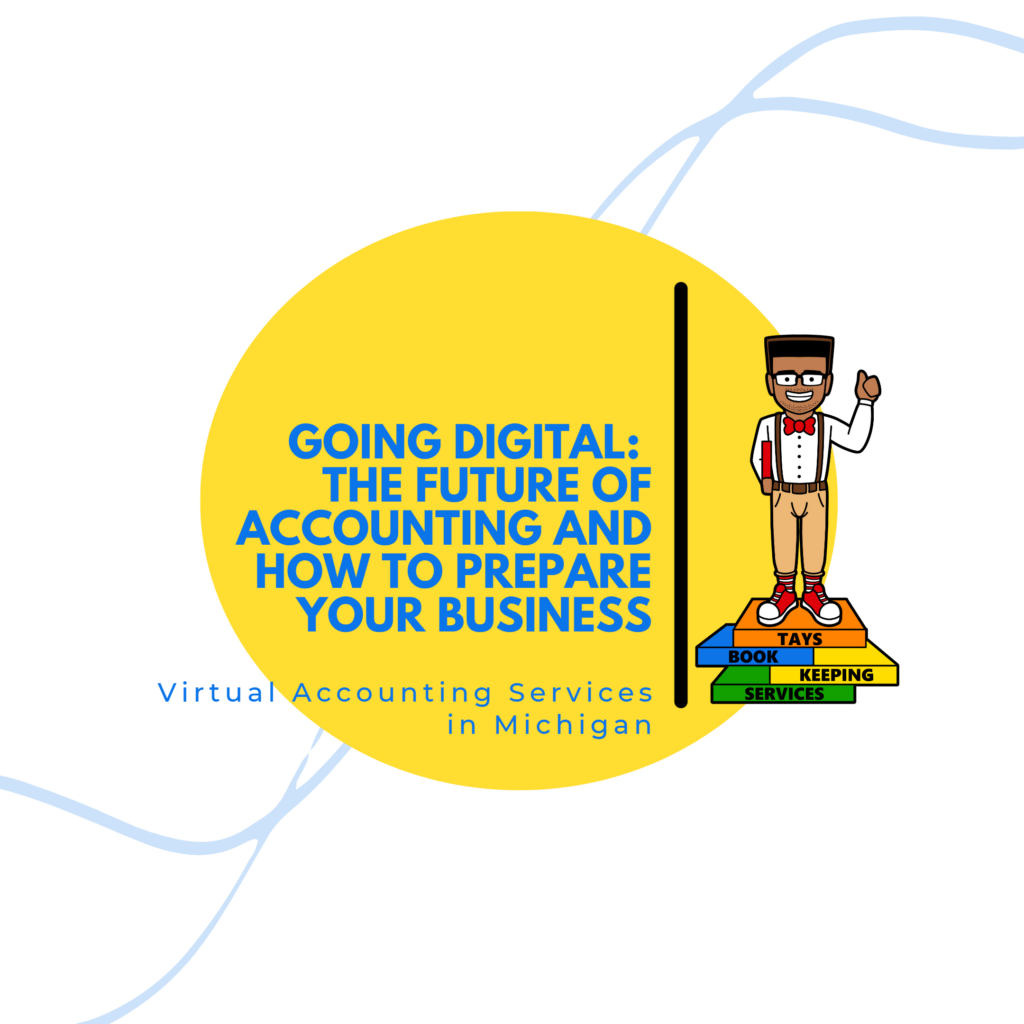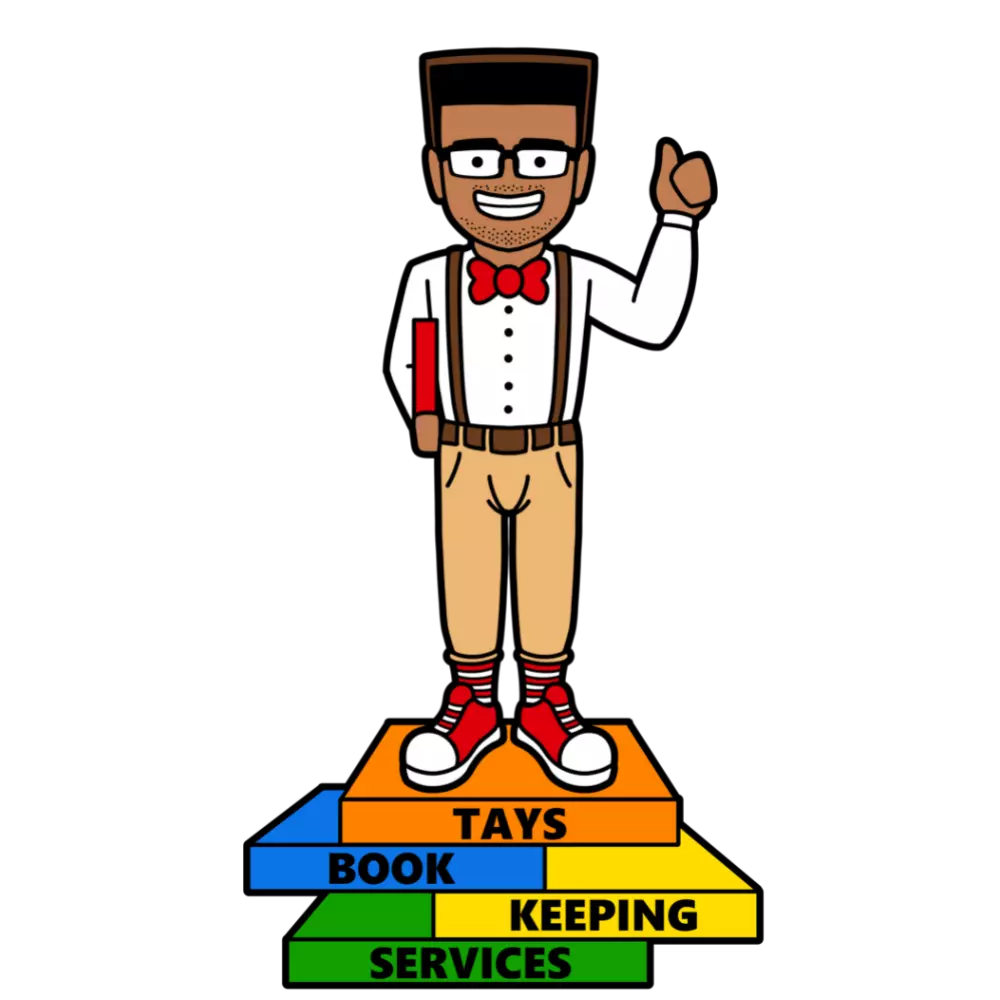To catch a glimpse of the future of accounting, one needs to see how technology has changed our lives – from how we communicate to how we pay our bills. Now, this digital revolution is making its way into the world of accounting.
Traditional bookkeeping methods are quickly being replaced by digital solutions such as cloud computing, artificial intelligence, and machine learning. This presents both opportunities and challenges for businesses as they strive to remain competitive in today’s marketplace.
In this article, let’s explore what “going digital” means for the future of accounting and how businesses can prepare. We’ll look at how cloud computing can make accounting more efficient and secure, how artificial intelligence can help businesses optimize their finances, and more. So read on to find out what you need to know in order to stay ahead of the curve.
Digital Revolution and Its Impact on Accounting
The future of accounting is poised to experience seismic shifts thanks to the emergence of new digital technologies. Accounting firms are undergoing a digital transformation as they seek to integrate new technologies such as cloud computing, artificial intelligence, and machine learning into their processes. This shift is pushing the boundaries of traditional accounting and affecting the roles and skills required for accountants.
As accountants move into a more digitally-driven setting, there is an ever-increasing demand for tech-savvy professionals who can leverage modern tools such as AI and ML for data analysis, financial modeling, and reporting. This means that traditional accountants must now explore new opportunities or adapt their existing skills in order to remain competitive in an ever-evolving digital world.
Going digital is not just changing the roles of accountants; it’s also changing how businesses manage their finances in the long-term. With access to real-time financial analysis, businesses are able to gain better insights on their financial performance, plan accurately for future expenses, and make more informed decisions. Additionally, cloud computing enables faster data processing times, allowing businesses to respond quicker to external conditions in a timely manner. Ultimately, businesses must embrace the digital revolution in order to keep up with evolving trends and remain competitive in a quickly changing environment.
Benefits of Going Digital in Accounting
The digital revolution is creating huge opportunities for businesses to reduce costs and increase efficiency in their accounting functions. For instance, documents can be stored in a central location where they can be accessed securely by the entire team. This means that the data is always up to date and more accurate.
Data can also be processed quickly, saving accounting teams from hours of repetitive work. With the help of automation and artificial intelligence, businesses can now focus on tasks that bring more value to their organization. This helps to provide increased agility and minimized errors, allowing businesses to stay ahead of their competitors.
Overall, going digital in accounting can help businesses save time and money, as well as reduce errors in their financial reporting. It also provides businesses with access to more powerful analytics tools that allow them to gain deeper insights into their financials and make better decisions for the future.
Challenges of Moving to the Digital Space
Transitioning to the digital world presents a few major challenges. Perhaps the most daunting is having a lack of change management strategy. Without a plan in place to oversee and manage the process, it can be difficult to ensure that the transition to digital tools and services remains smooth and successful.
In addition, there are certain complexities associated with software and technology that you’ll encounter when moving from traditional paper-based systems to digital ones. For example, new software may operate differently than what you were used to using which can extend setup time or require additional training for your staff. As such, it’s important to carefully research software that is user-friendly and intuitive for your employees so that they can quickly onboard and become comfortable with the system.
Furthermore, integrating different systems into a consolidated workflow also presents a challenge. Automating processes like accounts payable often requires connecting databases from multiple sources, such as vendors and customers. This means combining different format types into one streamlined system which can be difficult when dealing with large amounts of data.
Technologies Shaping the Future of Accounting
It’s hard to deny that the world of accounting is being rapidly shaped by technology. From cloud computing to artificial intelligence and machine learning, these new tools and technologies are having a huge impact on the profession.
At the forefront of this revolution are the technologies that are drastically changing accounting processes. Let’s take a look at what they are and how they’re impacting the industry:
AI
Artificial intelligence, or AI, is becoming increasingly popular in accounting. It streamlines accounting processes by automating mundane tasks like data entry and reconciliations. With AI, businesses can help save time and resources while improving accuracy and efficiency in their daily operations.
Machine Learning
Thanks to machine learning, businesses can easily analyze their data for trends and insights which helps them make informed decisions based on accurate information. Machine learning algorithms are being used in business applications such as customer segmentation, fraud detection, predictive analytics, and more.
Cloud Computing
Cloud computing has revolutionized the way businesses store and access data. By using cloud platforms like Amazon Web Services (AWS) or Microsoft Azure, businesses can securely store their data with minimal IT infrastructure costs, making it faster and easier to access than ever before.
Preparing Your Business for the Digital Transition
If you’re looking to stay ahead of the competition, you need to start preparing your business for the digital transition. It’s important to understand that digital transformation involves more than just using digital tools—it also involves integrating digital technology into every aspect of your business operations.
This means embracing new technologies such as AI, machine learning, cloud computing and blockchain, which allow businesses to be more efficient and make better decisions. Of course, this also requires the right skillset and mindset to make the most of these technologies.
It’s essential to have a strategy in place that outlines how you will use technology to increase profitability, optimize processes and operations, and improve customer service. Here are some tips on how you can prepare your business for the digital transition:
- Evaluate Your Current Systems: Take an audit of your current technology systems and processes and identify areas where they can be improved or replaced with more efficient solutions such as cloud computing or artificial intelligence.
- Invest in Training: Invest in training programs for your employees so they can become familiar with new technologies such as AI and machine learning. This will help ensure that your employees are equipped with the skills needed to take full advantage of the latest technological innovations.
- Establish Goals: Establish measurable goals for each project related to digital transformation so you know when it is complete and if it has achieved its objectives. This will also help you track progress over time and identify areas where improvements can be made.
Implementing Emerging Technologies in Accounting
By implementing emerging technologies into their operations, businesses can unlock a range of potential benefits for their accounting practices. AI and machine learning algorithms can automate time-consuming processes, freeing up accountants to focus on more important tasks. Cloud computing can increase data security and enable scalability and agility for business operations.
However, it’s not just a case of buying the necessary technology and expecting immediate results. To make sure businesses are getting the best value out of their accounting technology, they must ensure that:
- All relevant staff members are familiar with the new technologies and how to use them
- The technology is properly integrated into existing systems
- The right training is provided to ensure staff are utilizing the full capabilities of the technology
- Performance measurements are put in place to monitor outcomes
By implementing these strategies, businesses can ensure they are making the most out of emerging technologies and gaining a competitive advantage in their industry.
Conclusion
In conclusion, the future of accounting is quickly becoming digital. With the emergence of new technologies such as cloud computing, artificial intelligence, and machine learning, businesses need to stay on top of the changes and prepare accordingly.
The key to staying competitive in the digital age is to embrace technology and make full use of its benefits. By doing so, companies can reduce costs, automate tedious processes, and improve accuracy and efficiency in their accounting operations. Additionally, businesses should also prioritize engaging with stakeholders and keeping up-to-date on the latest developments in the accounting industry.
The digital revolution is here, and the future of accounting is bright. It’s time to prepare for the revolution, take advantage of its potential, and thrive in the digital age!


